BRS bid to expose secret war crimes diaries
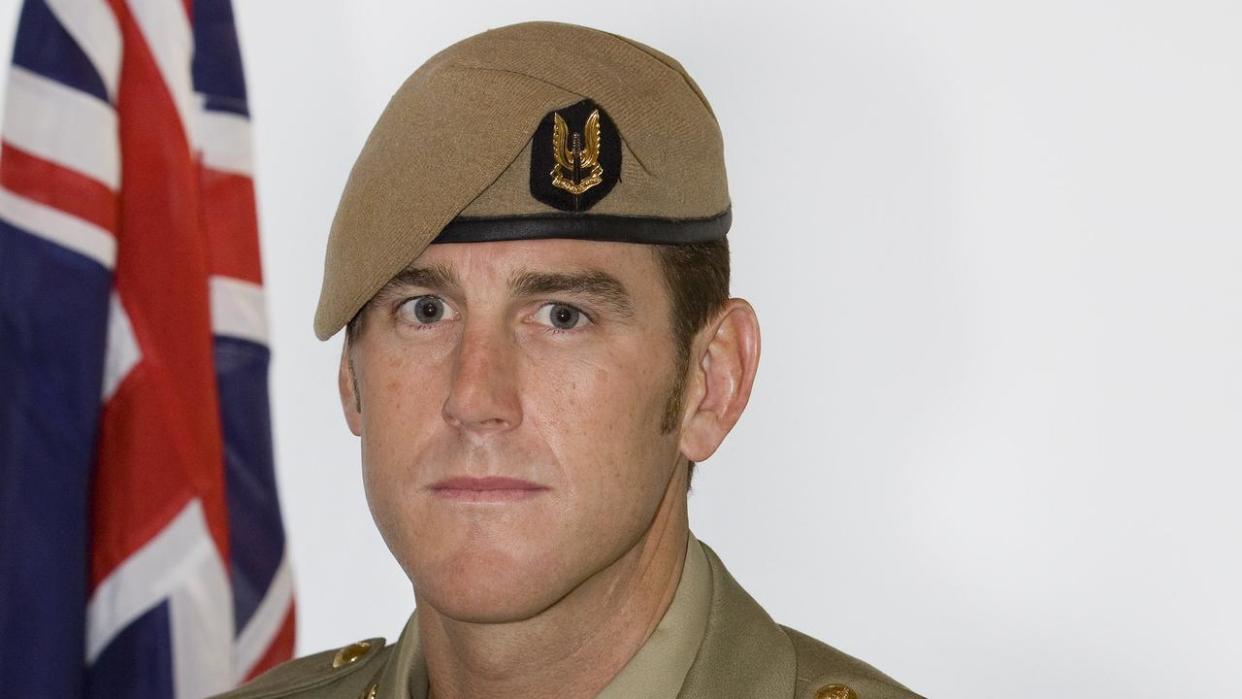
Decorated soldier Ben Roberts-Smith is fighting to unseal war crime investigator diaries that allegedly reveal meetings between the head of the investigation and a journalist who was given “special access”.
The Victoria Cross recipient is awaiting a verdict in his 100-day defamation trial against Nine newspapers and its journalists over articles that Mr Roberts-Smith claims falsely portrayed him as a war criminal and murderer. Mr Roberts-Smith strongly denies any wrongdoing.
He has continually denied the allegations and it is not known when a decision will be handed down.
On Monday, lawyers for the Special Air Service veteran returned to court to urge the Administrative Appeals Tribunal to lift the veil of secrecy over diary entries related to three alleged meetings in 2017.
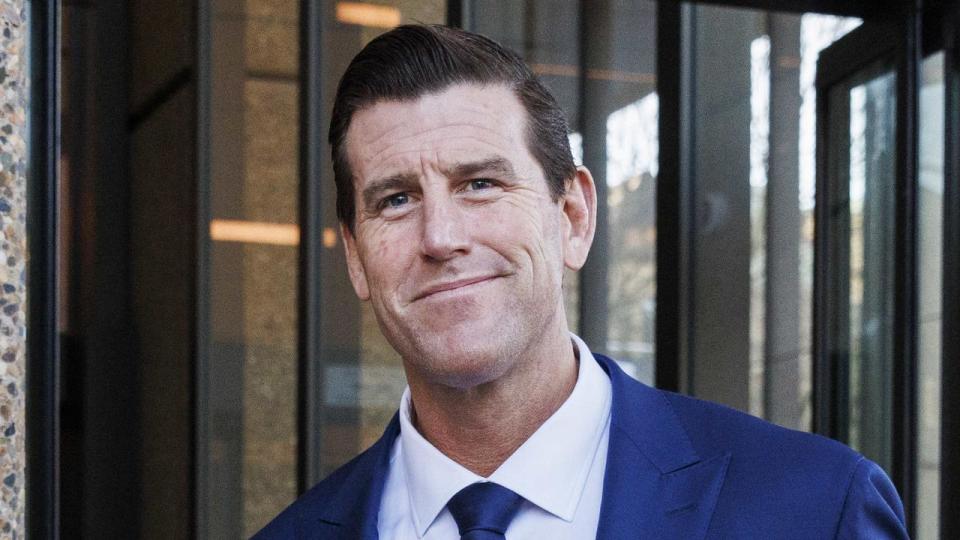
Mr Roberts-Smith’s lawyer Arthur Moses SC told the tribunal the diary entries would show that journalist Chris Masters was granted “special access” to classified defence documents.
Mr Masters is one of the journalists named in Mr Robert-Smith’s highly publicised defamation battle.
The entries would reveal that Major-General Paul Brereton met with the journalist three times while he was heading the investigation, Mr Moses told the tribunal.
“It is in the public interest for it to be known whether there was a meeting between the head of what was meant to be a secret inquiry and a journalist,” he said.
Mr Moses questioned whether it was fair or appropriate for Mr Masters to allegedly have been granted “preferential treatment” and “special access” to classified information ahead of the war crimes inquiry.
In October 2017, Mr Masters published No Front Line, a book detailing the experiences of special forces soldiers in Afghanistan.
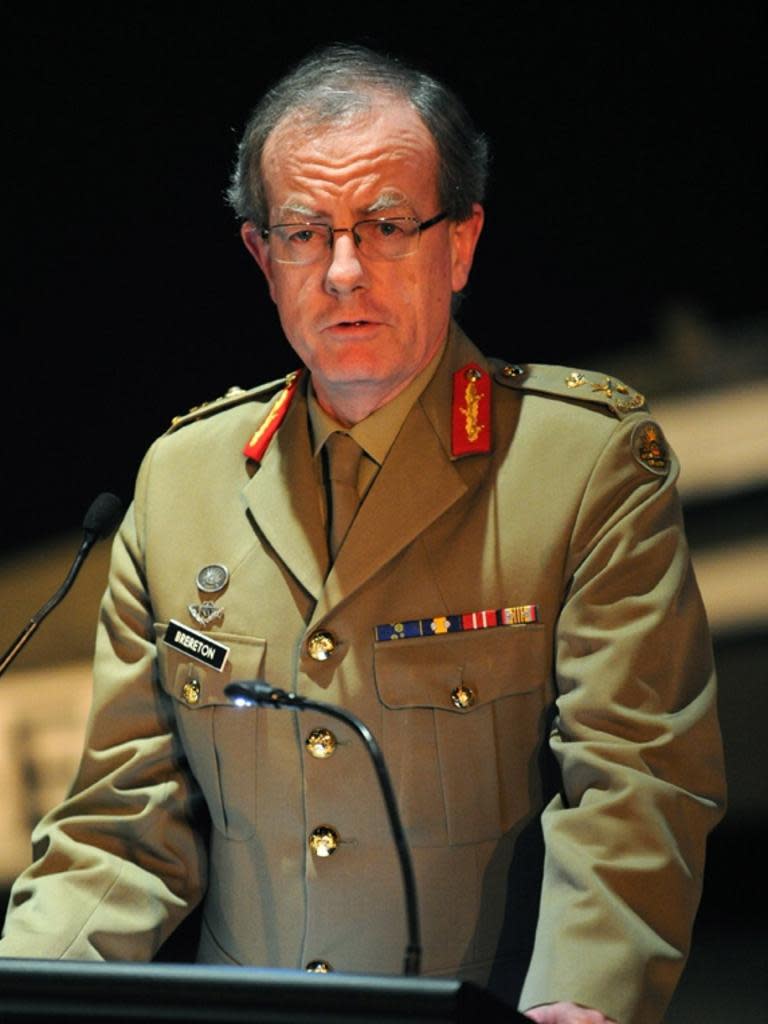
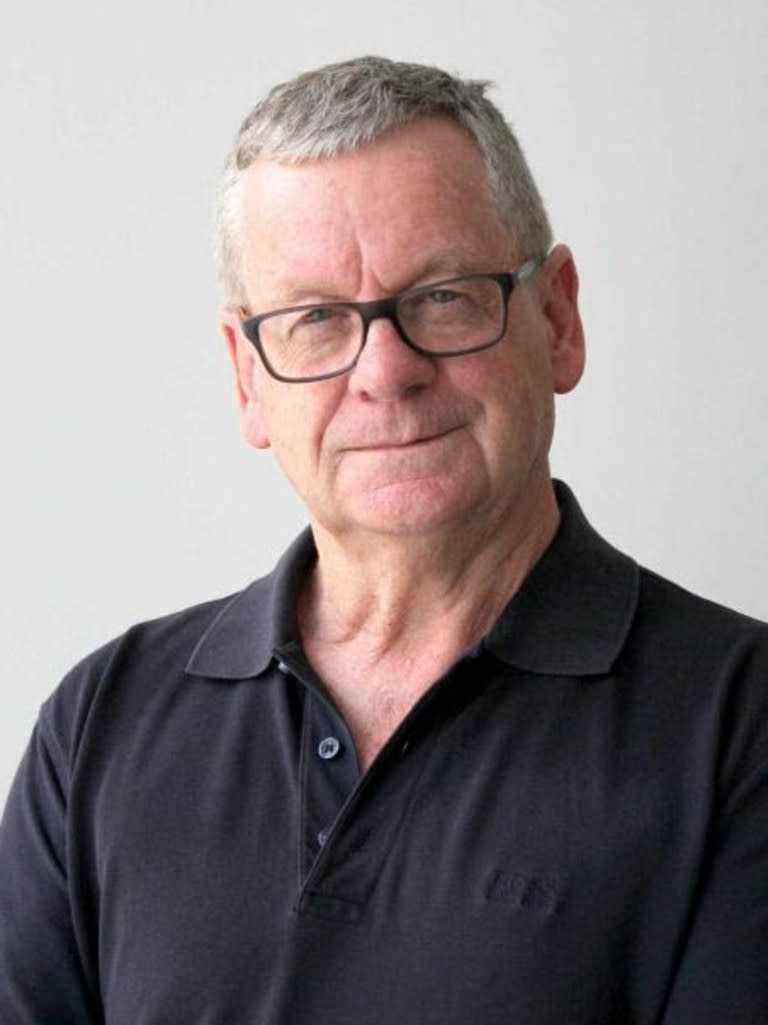
Mr Roberts-Smith lodged a Freedom of Information Act that same month to determine whether the journalist had met with Major-General Brereton ahead of the war crimes inquiry.
One week after the application was lodged, the tribunal was told that the Major-General directed the diary entries recording the alleged meetings remain confidential.
Mr Moses said the timing of the direction was “curious”.
“It’s too much of a coincidence to be a coincidence,” he said.
Christine Ernst, acting for the Inspector-General of the Australian Defence Force, dismissed the inference as “simply irrelevant” and said there were “many possible explanations” for the timing.
Mr Robert-Smith’s application was denied by the Department of Defence, a decision that was upheld during further appeals lodged during the five-year legal battle.
The decorated veteran was informed that the diary entries would not be disclosed because they would reveal the identity of the confidential source with whom Major-General Brereton met.
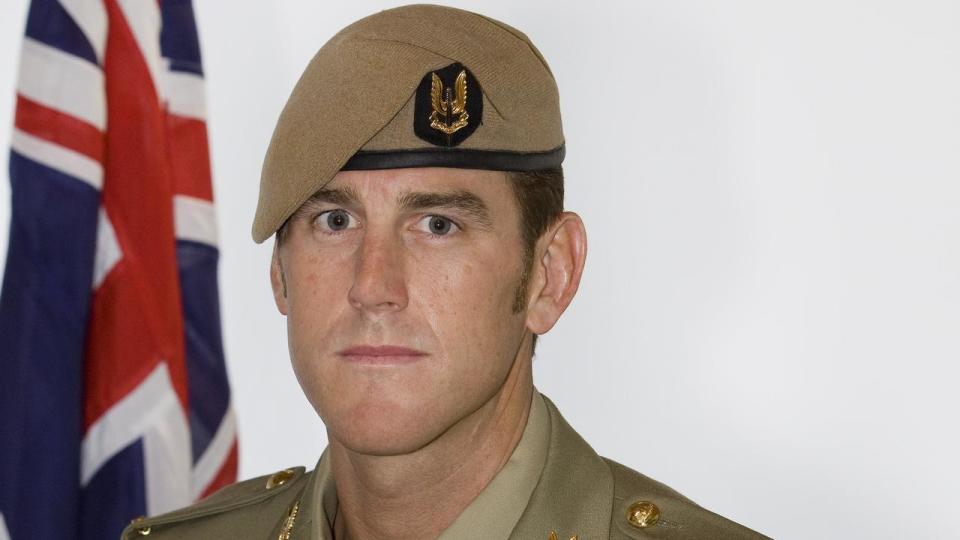
Ms Ernst told the tribunal that releasing the name of the confidential source under FOI requests would undermine the public interest in encouraging participation in future inquiries.
“If no direction could be made restricting how the identity of persons … could be disclosed, that would undermine the ability of the IGADF to conduct inquiries in private,” she said.
Justice Thomas Thawley has reserved his decision until a later date.


